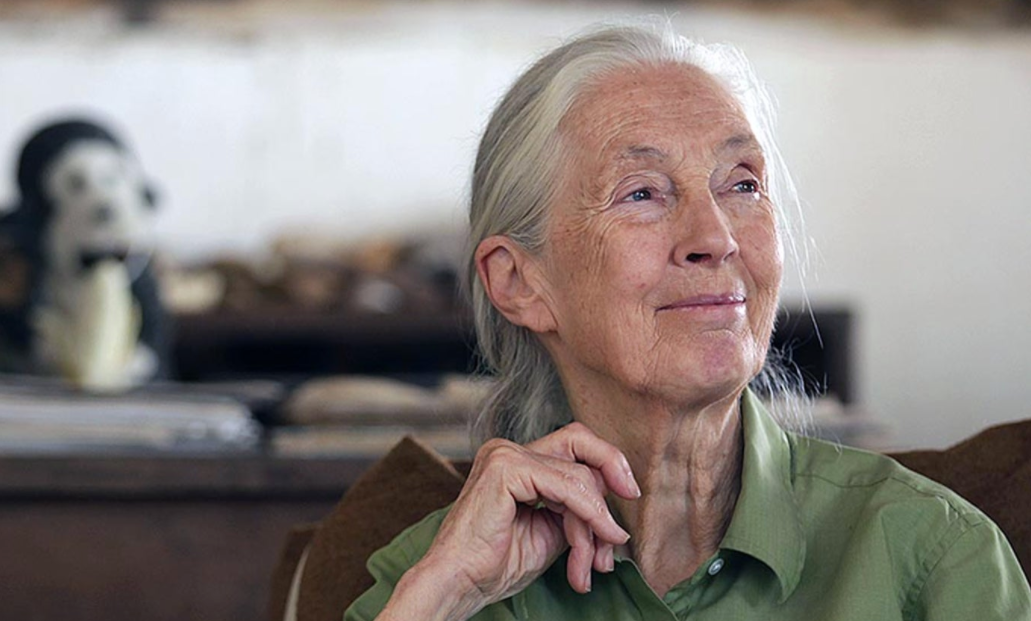Stop the Illegal Wildlife Trade: Dr Jane Goodall on why wildlife trafficking must end
Leading conservationists – united at the Wildlife Conservation 20 summit – presented an urgent plea to G20 leaders. Here, Dr Jane Goodall, one of those who took part, explains why action is so desperately needed


Your support helps us to tell the story
From reproductive rights to climate change to Big Tech, The Independent is on the ground when the story is developing. Whether it's investigating the financials of Elon Musk's pro-Trump PAC or producing our latest documentary, 'The A Word', which shines a light on the American women fighting for reproductive rights, we know how important it is to parse out the facts from the messaging.
At such a critical moment in US history, we need reporters on the ground. Your donation allows us to keep sending journalists to speak to both sides of the story.
The Independent is trusted by Americans across the entire political spectrum. And unlike many other quality news outlets, we choose not to lock Americans out of our reporting and analysis with paywalls. We believe quality journalism should be available to everyone, paid for by those who can afford it.
Your support makes all the difference.There’s absolutely no doubt that wildlife trafficking plays an incredibly important role in the creation of new zoonotic diseases.
We destroy habitats, forcing some animals into closer contact with humans. We hunt them, capture them, and traffic them – or their body parts – around the world, to sell in wildlife markets in Asia, Africa and South America.
We sell them for food, for medicine, and for the growing trade of wild animals as pets. In all of these conditions, which are usually cruel and unhygienic, we create the perfect environment for a pathogen, such as a virus or bacteria, to spill over from an animal to a human, where it may create a new disease.
Read more: The Independent unites leading conservationists in landmark declaration at G20
In this case, the virus Covid-19 is thought to have started in a wildlife market in China. And caused the pandemic that is causing such chaos around the globe. I should say here, that intensive animal farming, or factory farms, equally cruel and equally creating crowded conditions, also provide wonderful opportunity for the creation of zoonotic diseases. And many have in fact originated in factory farms.
Preventing wildlife trafficking and curtailing industrial animal farming will not be easy, but it is tremendously important. Existing laws, very often, must be enforced, and sometimes new laws made.
Law enforcements officers must be more rigorously trained in how to deal with confiscated animals. And sanctuaries must be created or supported so that the confiscated animals can be rehabilitated so as many as possible can be returned to the wild.
This means we must restore destroyed habitats and protect existing habitats, so that there is somewhere for them to go back in the wild.
Above all, we must work with local communities, helping to find alternative ways, without destroying the environment, without depending on wild animals for their livelihoods.
The role played by education cannot be overestimated. So that more and more people understand that the demand for wildlife is simply not sustainable and it is extremely devastating to human health, biodiversity and habitat loss.
Young people particularly need to be educated, and hopefully this education will reduce and eventually eliminate the demand for these products,
I hope it will be possible to continue these discussions into the future. So much depends on this.
Donate to Space for Giants, the charity partner of The Independent’s Stop the Illegal Wildlife Trade campaign, HERE.
Join our commenting forum
Join thought-provoking conversations, follow other Independent readers and see their replies
Comments